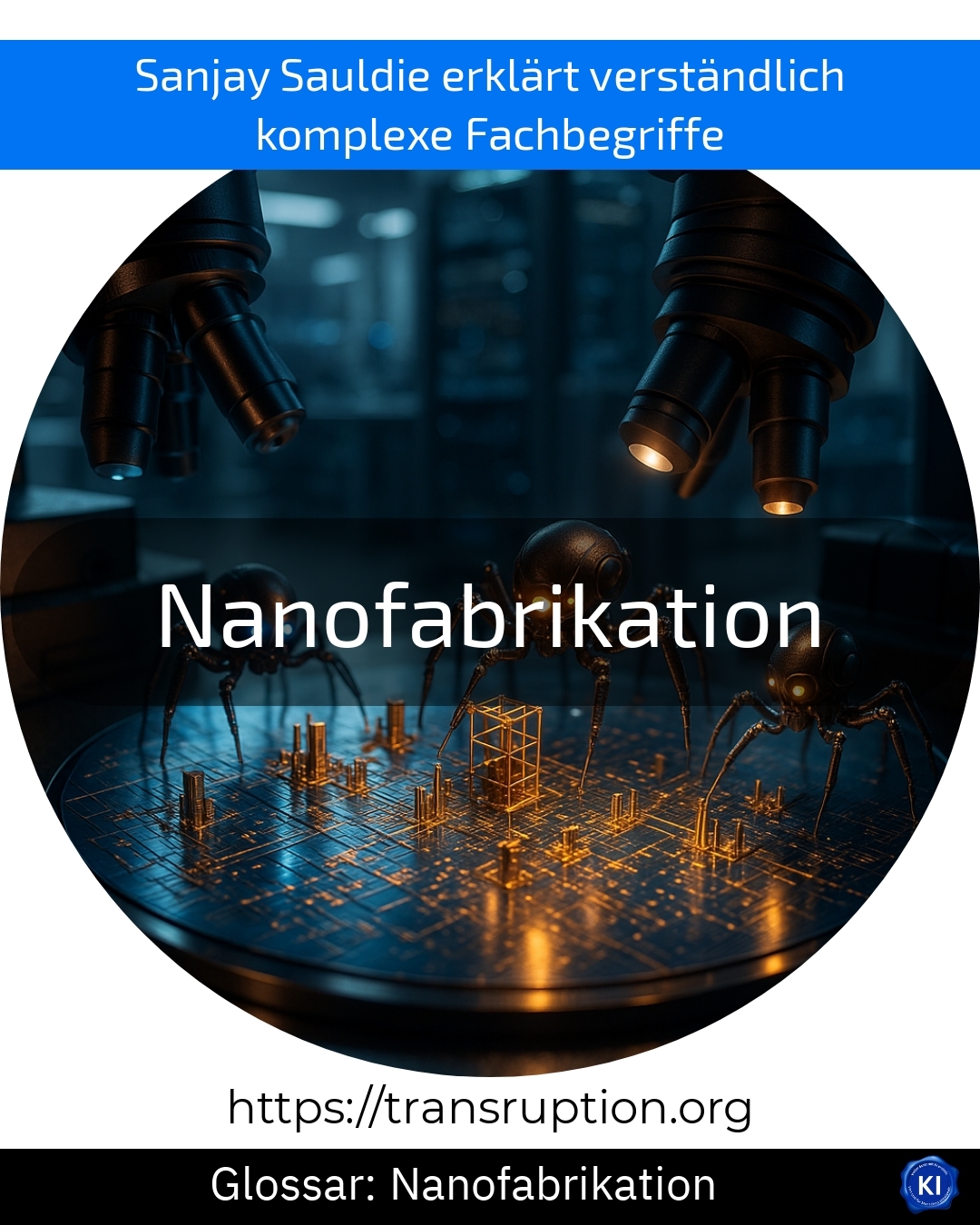Nanofabrication is an important term in the fields of nanotechnology, industry and Factory 4.0 as well as automation. It refers to the production and processing of tiny structures and components, often on the order of millionths of a millimetre - the so-called nanometre range.
Imagine you could not only build a microchip, but also mould it down to the smallest detail. This is exactly what happens in nanofabrication. Using special machines and techniques, such as electron beam lithography, extremely fine materials are built up or processed layer by layer. The result: tiny components that are used, for example, in modern smartphones, medical devices or solar cells.
An everyday example is the nanofabrication of processors in computers and smartphones. In order to enable more performance in a smaller space, the circuits on the chips are being made ever smaller and more efficient through nanofabrication.
To summarise, nanofabrication enables the precise production and control of structures in the tiniest of spaces. This technology is a key factor for many innovations in the digital age and makes products more efficient, smaller and often more sustainable.















